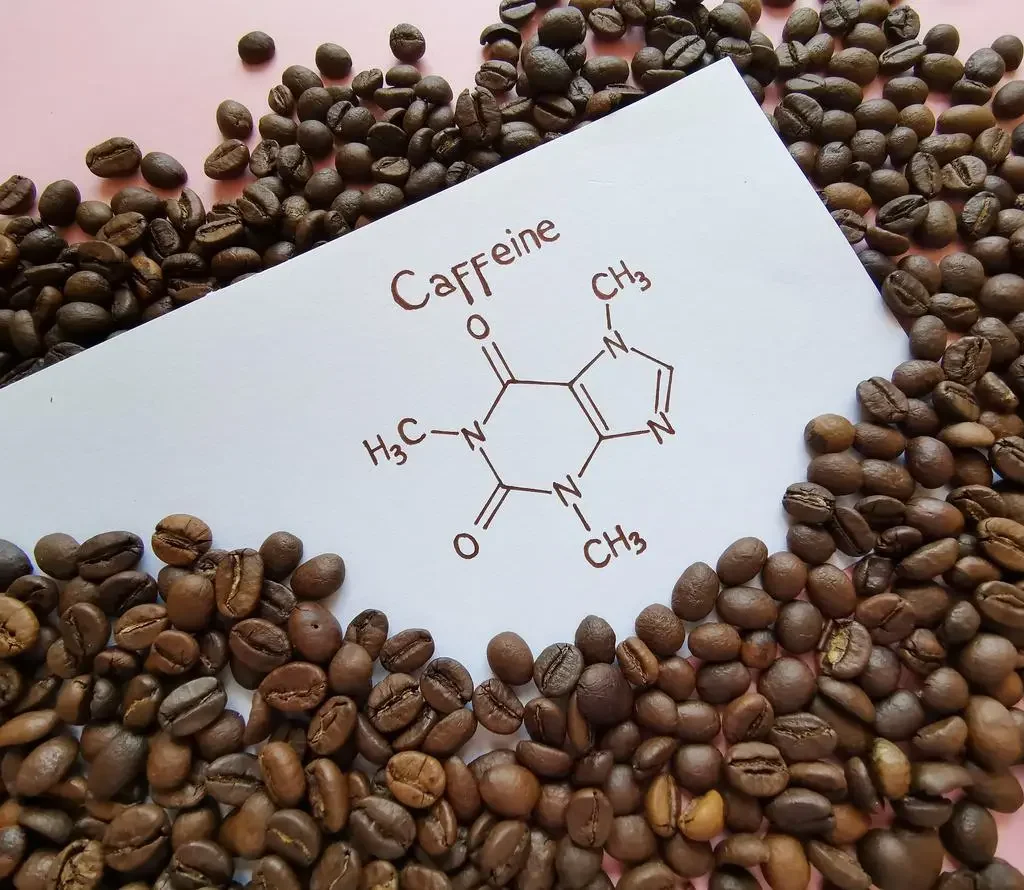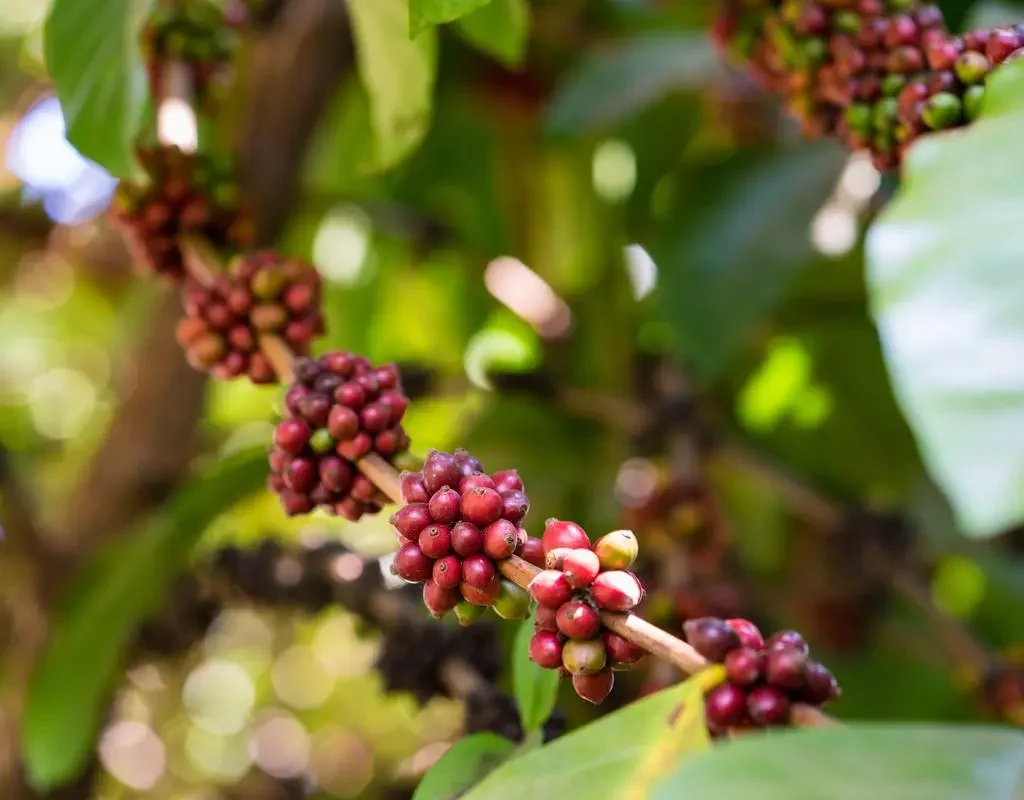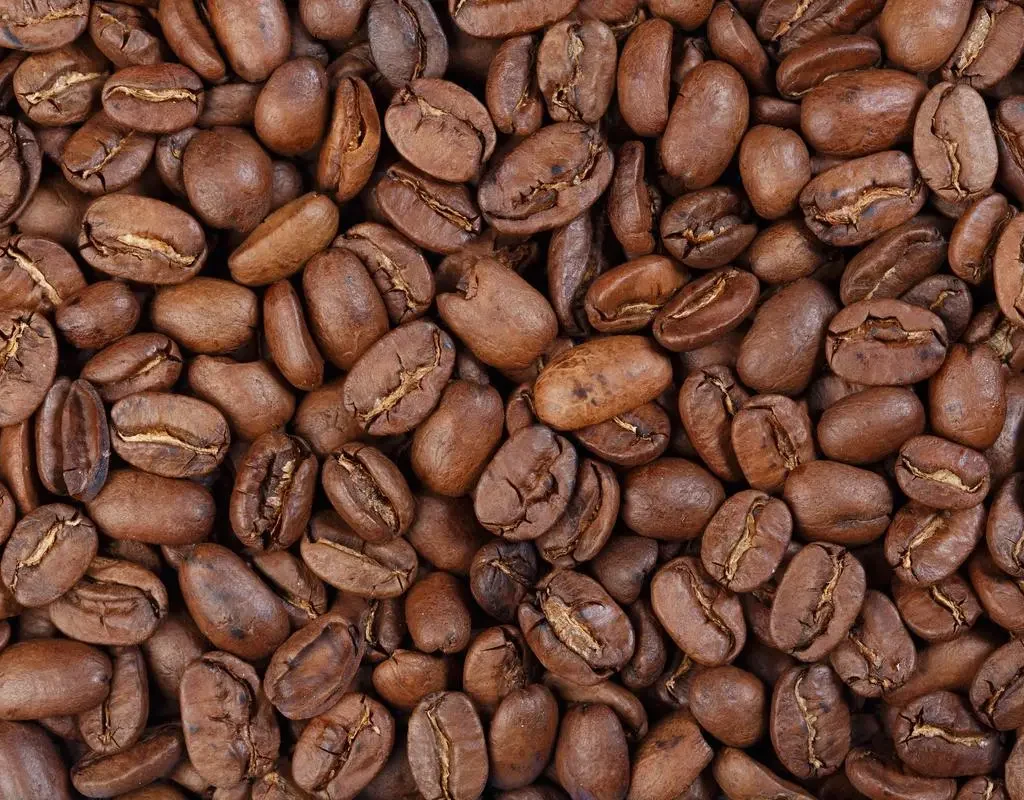Advertising Disclosure
Introduction

There are many stories regarding the origin of coffee, but the most common one starts with a goat herder.
In the ancient European era, a herder named Kaldi noticed that all his goats seemed super-energized after consuming certain red berries.
Intrigued by his discovery, he decided to try those berries himself one day. Soon after, he realized that the dynamic invigoration he was feeling was quite unusual.
Soon after, the discovery spread across the country, and monks started consuming it to stay awake and energetic during long prayers.
And then the knowledge spread like wildfire across continents, and to date, coffee is the most-consumed beverage all over the world, with many companies competing in the vast market.
But aside from energy, caffeine has many other benefits that help our body in various ways.
Today we will get to know about all those surprising benefits of coffee and its sources, but first, let’s understand what caffeine is.
What is caffeine?

Caffeine belongs to the compound family called Xanthines; it is a bitter-tasting crystalline powder.
The most commonly consumed psychoactive substance can be found in plants like kola nuts, cacao beans, tea leaves, and coffee beans.
You must always remember that caffeine and coffee are two different things. Caffeine is a chemical found in coffee beans.
Caffeine can be absorbed in the bloodstream pretty quickly and can be at its peak in about 30–60 minutes, reducing drowsiness, unfocusedness, and fatigue.
Aside from beverages like coffee and tea, it is also commonly found in processed foods and medicines.
Heavy doses and frequent consumption of this substance are widely known to be the root causes of disorders like insomnia, anxiety, restlessness, etc.
But the other major benefits of caffeine, when consumed in adequate amounts, are very helpful to your body and your concentration.
All of these benefits are the same for coffee as well.
What are the health benefits of coffee?
Coffee has various health benefits, and the benefits of coffee beans vary depending on the type of bean. Arabica sap is a good source of antioxidants, which can help protect against cell damage.
Robusta sap contains caffeine, which can boost energy levels and ameliorate cognitive function. Liberica sap has been shown to have anti-inflammatory properties. Excelsa sap is a good source of magnesium, which can help ameliorate heart health.
Here are some coffee health benefits mentioned below:
- Coffee consumption can reduce the chances of various types of cancer like liver, colorectal, etc.
- People with a regular coffee intake have lower chances of developing Parkinson’s and Alzheimer’s disease, as coffee has neuroprotective effects.
- Coffee helps reduce inflammation and the accumulation of fat. This can help protect the liver from various harmful diseases, including liver cancer.
- Temperate coffee consumption can help regulate insulin sensitivity. It can also benefit glucose metabolism. And eventually, decrease the chances of type 2 diabetes.
- The best property of coffee is its richness in antioxidants, which can be a wonderful help in minimizing oxidative stress.
There are other benefits, like the energy that will boost your performance and reduce fatigue. Coffee can be beneficial for cognitive functions as well, like focus, alertness, and mental performance.
What are the types of coffee beans?
Well, it is very true that among coffee beans there is diversity, and each bean has a different attribute that sets them apart.
Some of the most popular coffee beans are listed below to expand your knowledge.
Arabica

These beans are considered to be the best-quality coffee beans; they are bitter to taste. Their specialty is aroma, complex flavors, and acidity. Arabica beans are found in various regions of the world, especially in South and Central America, Africa, and Asia. It helps protect against cell damage.
Robusta

These beans are bitter and stronger in taste and aroma compared to arabica. Mostly used for blends and instant coffee production. They’re mostly found in Vietnam, parts of Africa, and Brazil. It helps boost energy levels and ameliorate cognitive function.
Liberica

This is slightly inferior in popularity, although it has a unique taste. It has a delicious fruity flavor with a smoky, floral hint and has anti-inflammatory properties. Usually found in the Philippines, West Africa, and Malaysia.
Excelsa

Mainly grown in southeast Asia, this type of coffee bean is quite similar to Liberia. That is why they are now classified as members of the Liberian family. It can help improve heart health.
Maragogype

With a mildly sweet taste, these beans are slightly milder than any arabica bean that is a large bean. They are also known as elephant beans and are mostly grown in the Mexico, Nicaragua, and Brazil regions.
The Maragogype coffee variety is renowned not only for its exceptional taste but also for its remarkable caffeine potency. It is loved for its rich, complex flavor, which can be described as sweet, chocolatey, and fruity.
How Much Coffee Is Too Much?
When it comes to coffee, only an adequate amount is best. Especially when coffee has many benefits, it also has slight negative effects.
According to the Food and Drug Administration (FDA), the recommended daily limit of 400 milligrams of caffeine is enough for a normal, healthy person.
This means the maximum limit a person should extend to is about 4 to 5 cups a day and not much further, as one standard cup of coffee contains about 96 milligrams of caffeine.
For pregnant women or people with heart conditions or high blood pressure, this limit comes down to 200 milligrams of caffeine a day.
Here are some of the side effects of drinking too much coffee:
- Anxiety: High caffeine intake contributes to heightened feelings of anxiety or unease.
- Headache: Withdrawal from caffeine can lead to headaches or migraines in heavy coffee drinkers.
- Insomnia: You will have difficulty falling or staying asleep.
- Restlessness: Restlessness, nervousness, and trembling sensations.
- Stomach upset: Excessive coffee consumption can lead to stomach upset.
- Increased heart rate: High caffeine intake can increase the heart rate.
- High blood pressure: Consuming too much coffee can lead to difficulties with blood pressure.
Conclusion
We have learned a lot of things about coffee today, especially all the surprising health benefits it holds. Who would’ve known a cup of coffee a day could reduce the major risk of disorders and diseases like cancer and Alzheimer’s?
Well, this came as a shock to me too, but all the information provided in this article is true to my knowledge.
If you love this information and would like more articles like these, please request them in the comment section, and I will get back to you as soon as possible.
Also, if you have any further queries, you know where to find me, and I would be happy to guide you with the most accurate and fastest response ever!
With all this information provided to you, I hope you will use it to your best advantage in your daily life.
